



"Cracking the UPSC Code” is a dedicated initiative that fosters the ambitions of individuals aspiring to join the civil services. Our mission is to cultivate a nurturing environment that empowers students to realize their potential and achieve their UPSC goals.
Our program offers direct access to the invaluable wisdom of seasoned public service officers through a series of engaging speaker sessions. These are further augmented by comprehensive blogs and video recordings, meticulously curated to address the most relevant questions and concerns faced by aspirants.
This multifaceted approach ensures that our students receive a well-rounded understanding of the intricacies involved in civil services preparation. We pride ourselves on being a supportive platform where doubts are dispelled, and a culture of collective learning is actively promoted.
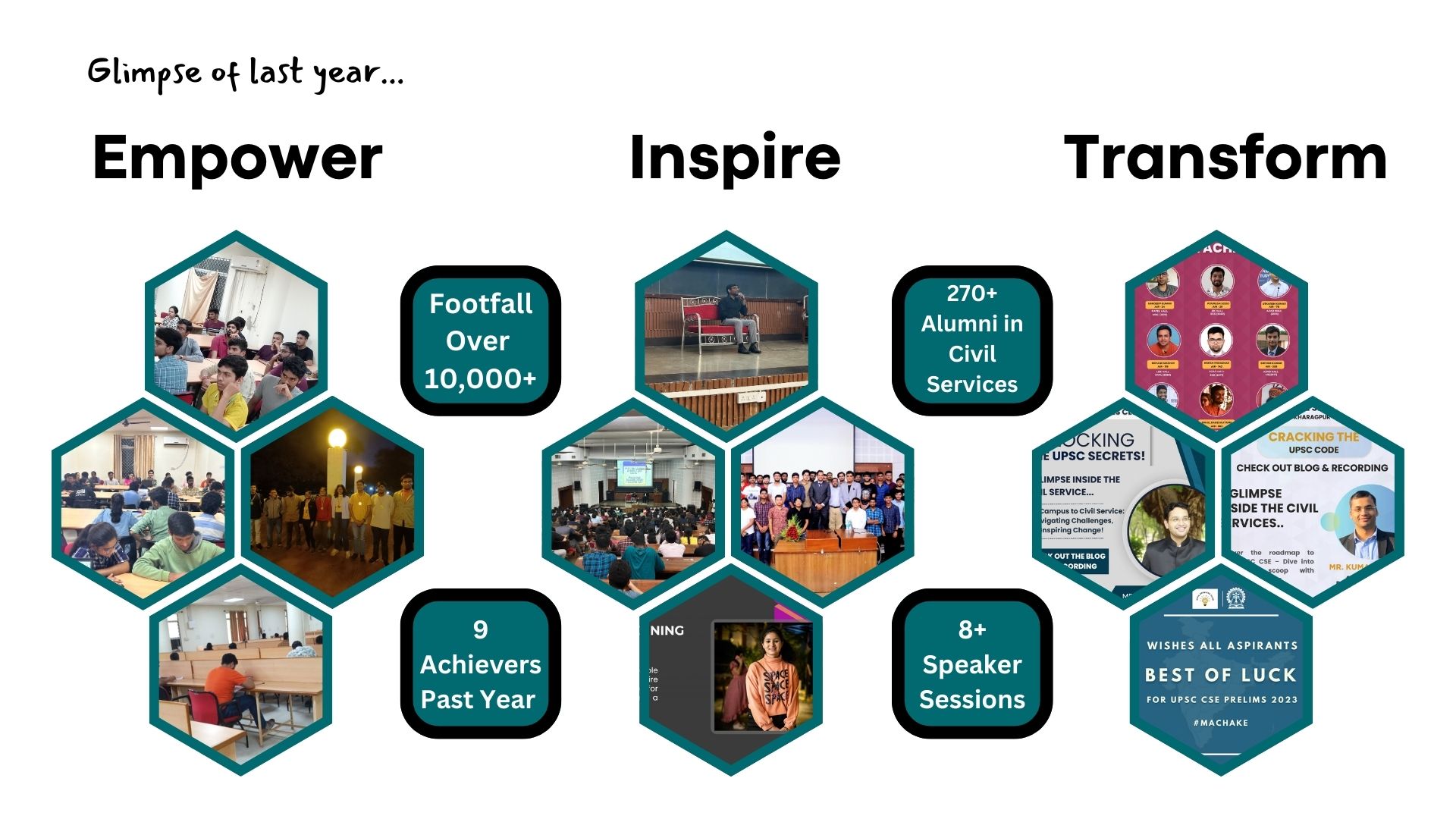
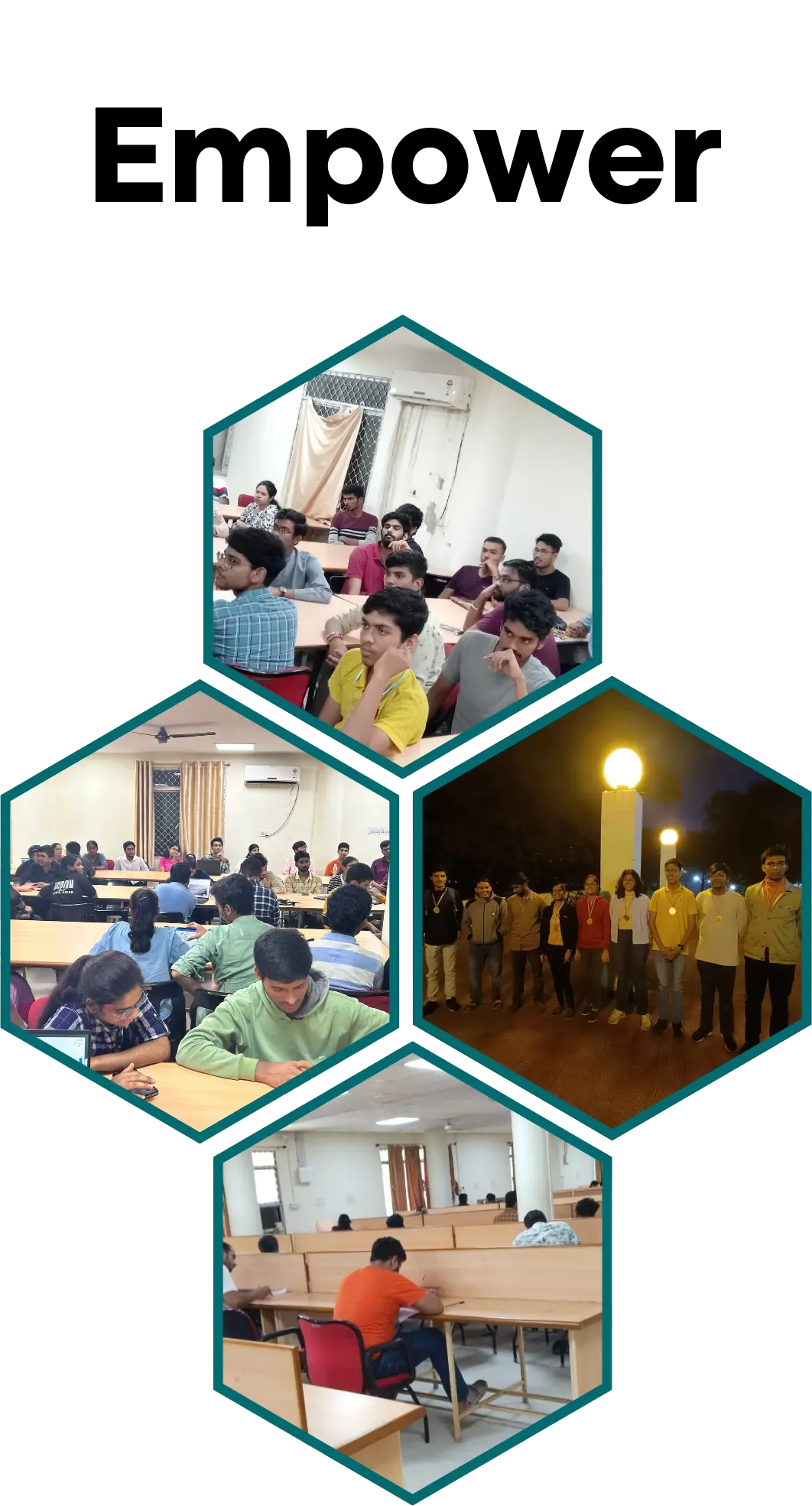


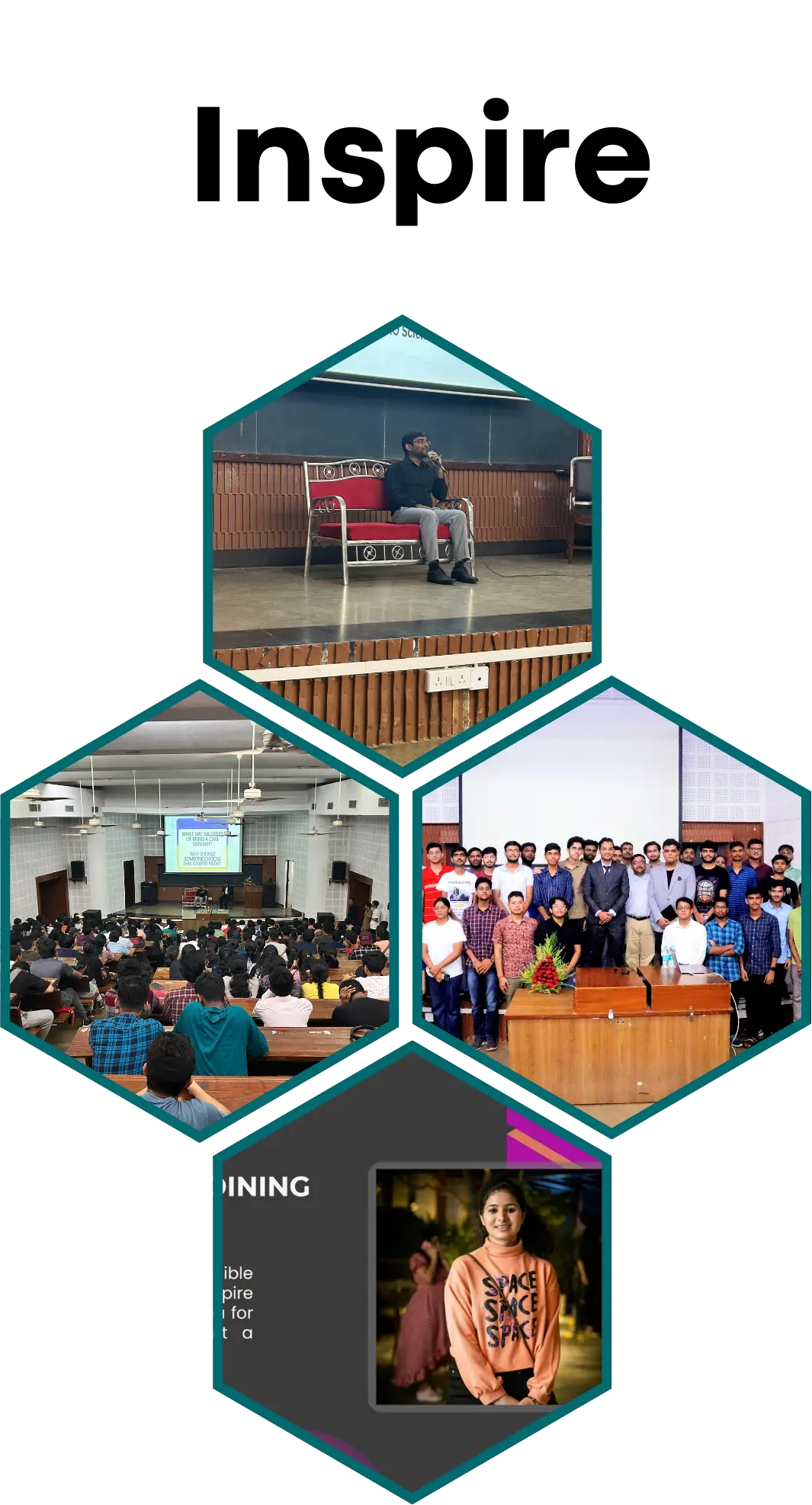



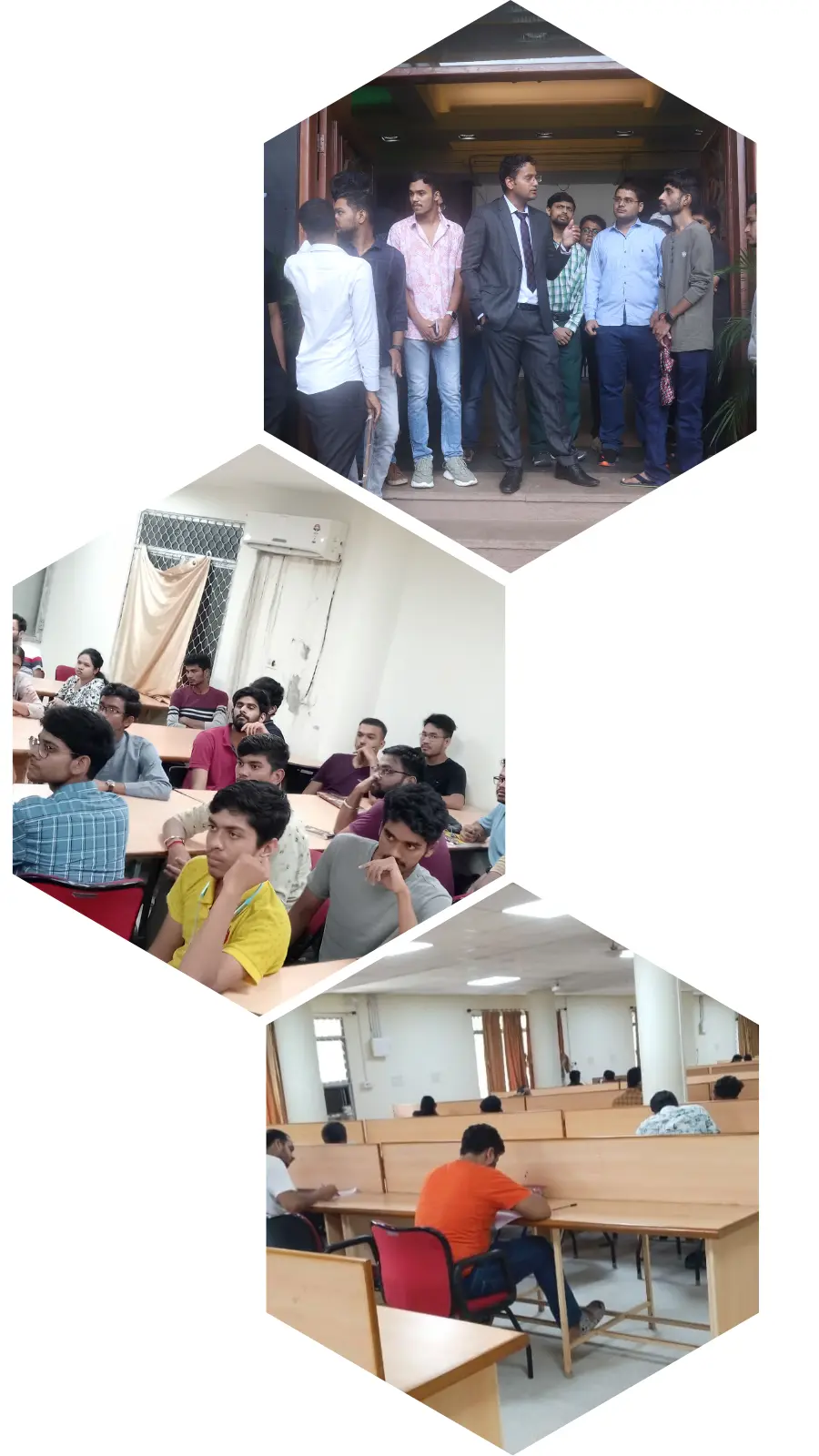
Empowering minds to shape policies

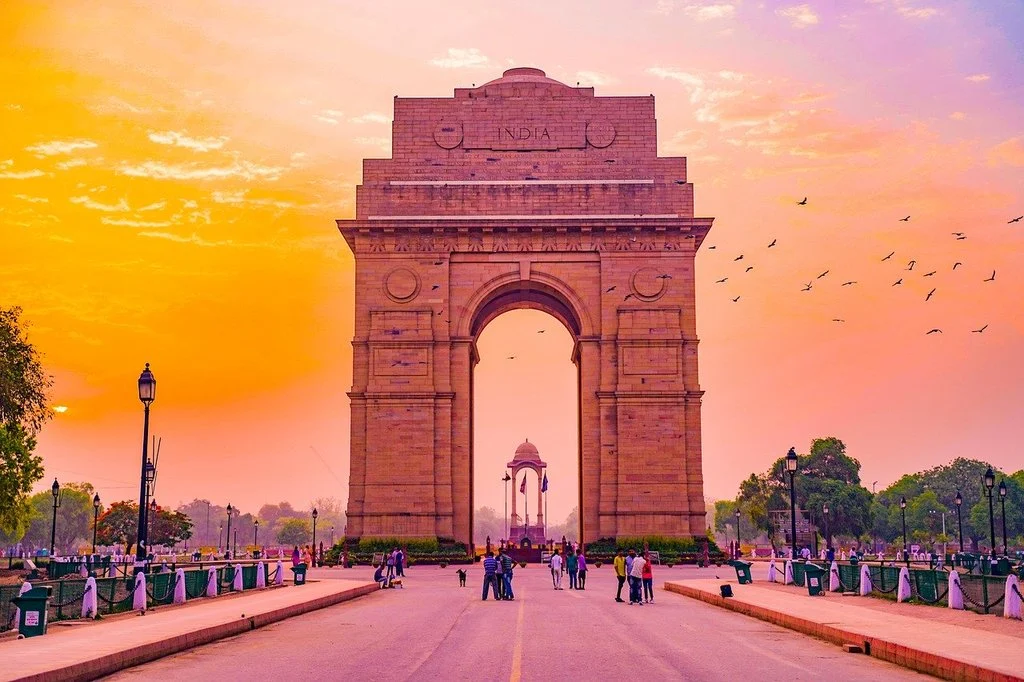

Mechanical Engineering '17

Mechanical Engineering '17

Chemistry '20
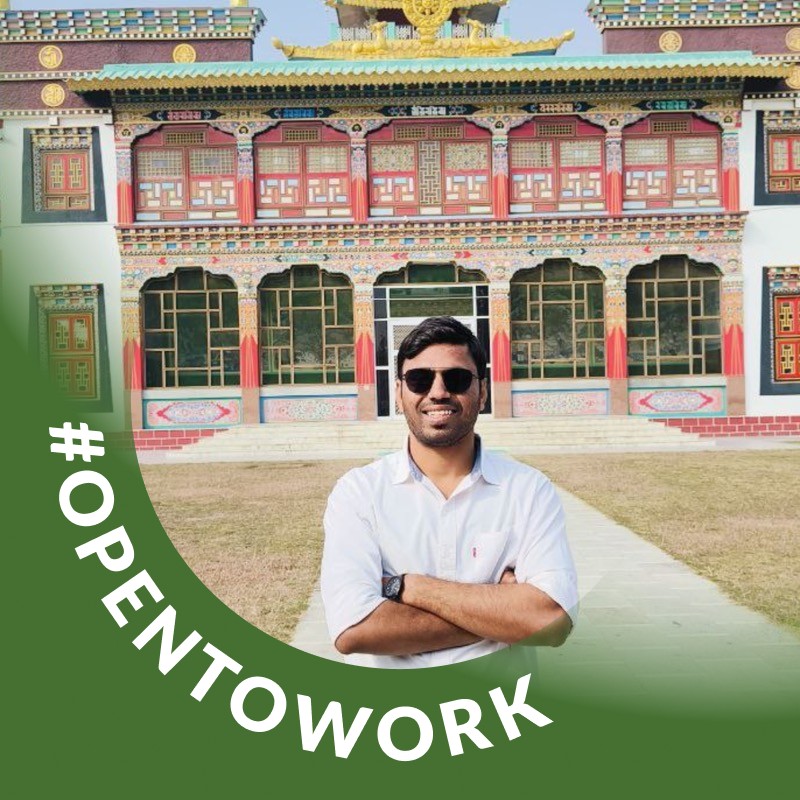
Chemistry '16
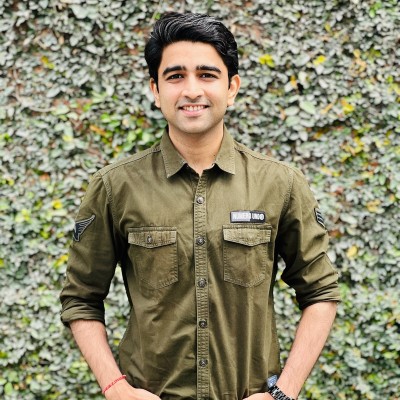
Computer Science and Engineering '18
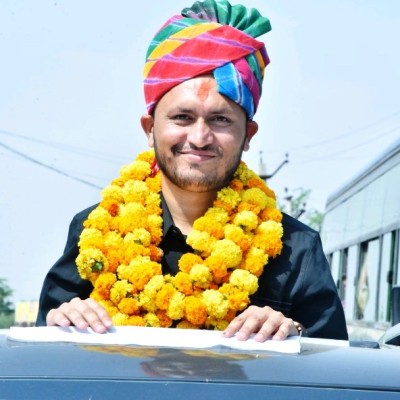
Ocean Engineering and Naval Architecture '16

Electronics and Electrical Communication Engineering '16
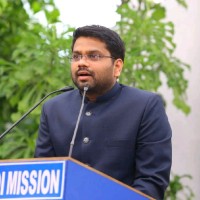
Electrical Engineering '18

Electronics and Electrical Communication Engineering '20
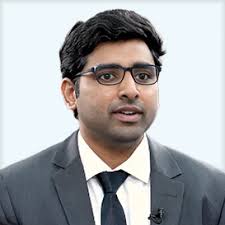
Chemistry '17

Mathematics and Computing '19
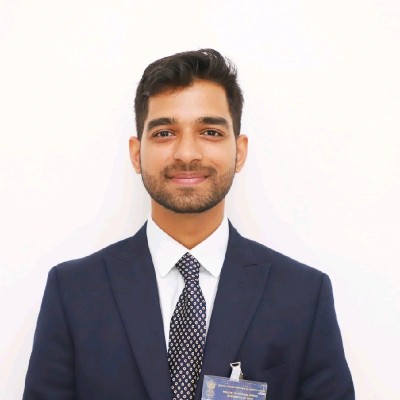
Electronics and Electrical Engineering '20
Instrumentation Engineering '14
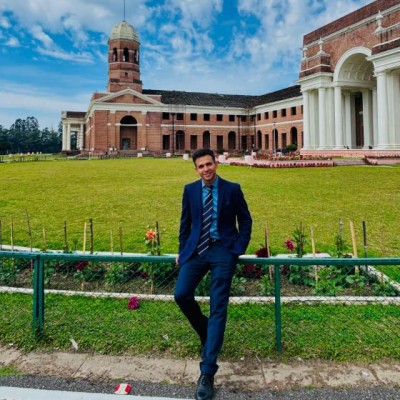
Civil Engineering '20

Electronics and Electrical Engineering '17

Mechanical Engineering '19
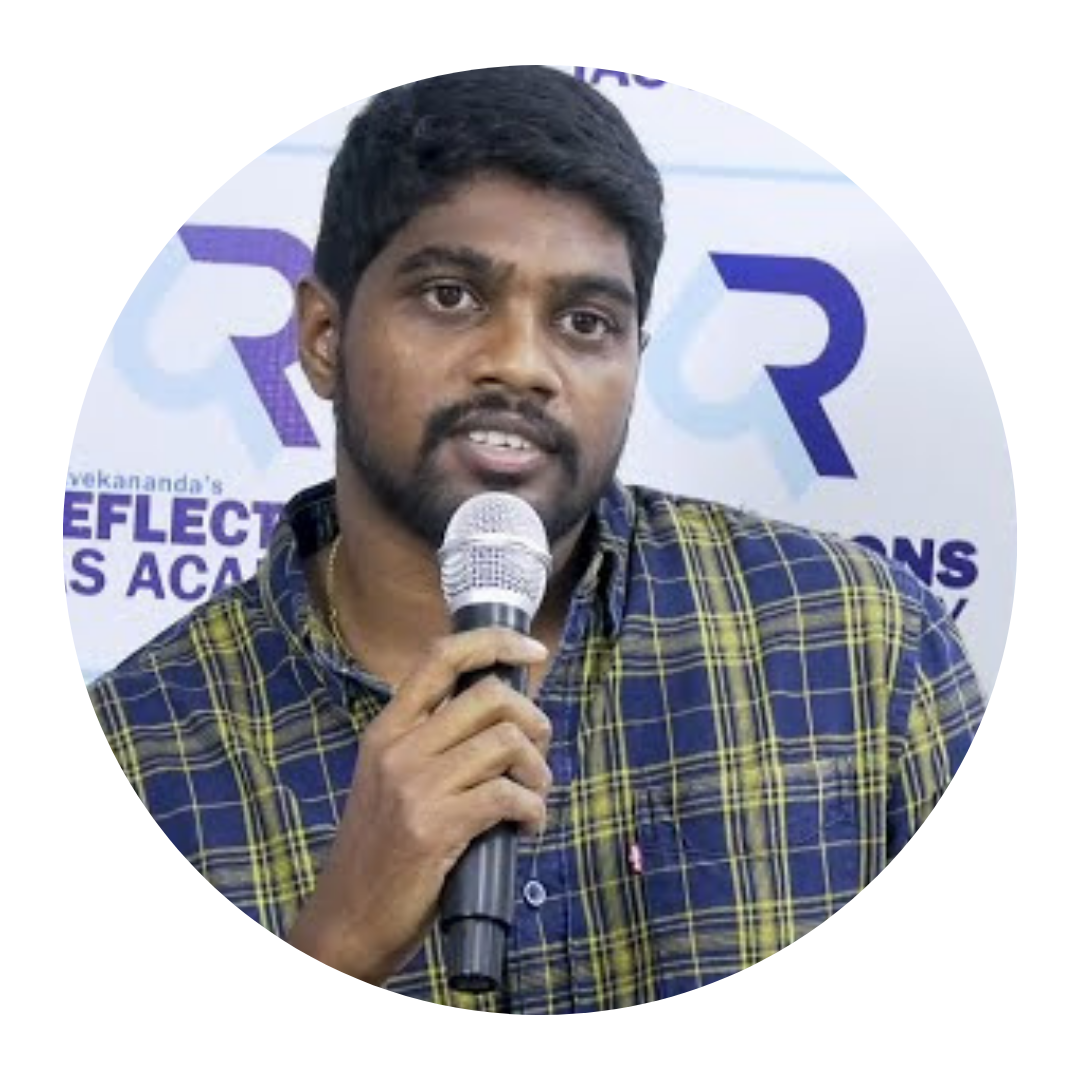
Mining Engineering '17
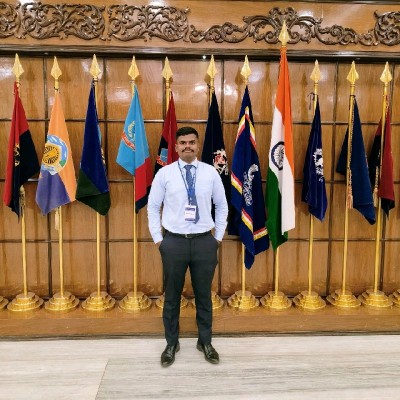
Electrical Engineering '21

Economics '21
Benefit from personalized mentorship provided by our distinguished alumni officers up until your interview date (a qualifying test will be conducted).
Access to comprehensive offline study materials from various coaching institutions for both Preliminary and Main examinations.
Engage in interactions with our alumni officers to benefit from their profound insights and guidance
Identify and collaborate with a study group of peers dedicated to the UPSC preparation journey for mutual discussion and learning.
Avail the opportunity to participate in offline tests and group discussions facilitated by PPGS, designed to enhance your examination preparedness.
Engage in regular discussions with experienced seniors regarding your study progress and receive invaluable feedback for improvement.
The Union Public Service Commission (UPSC) Preliminary Examination is a crucial first step in the Civil Services Examination process in India. It serves as a screening test, designed to assess a candidate’s general knowledge and analytical skills, covering a wide range of topics including history, geography, economics, politics, science, and current affairs. It consists of two papers: GS Paper I and GS Paper II (also known as CSAT).
The UPSC Mains Examination is the second stage of the Civil Services Examination process in India. It consists of nine papers, including two qualifying papers (one in a compulsory Indian language and one in English), four General Studies papers, an essay paper, and two papers on an optional subject chosen by the candidate. The Mains exam is descriptive in nature and tests a candidate’s in-depth knowledge and understanding of various subjects.
This is the final stage of the Civil Services Examination. This consists of an interview, a face-to-face interaction with a panel of experts who assess the candidate’s personality, mental acuity, social traits, leadership skills, intellectual curiosity, intellectual and moral integrity and balance of judgment. The whole exam pattern of the UPSC CSE is comprehensive, and the competition is intense. The interview carries 275 marks out of the total of 2025 marks. The marks obtained in the interview are added to the marks obtained in the Mains Examination, and the final rank is decided based on these cumulative marks.
The UPSC result is not just a list of names, but a testament to the perseverance, dedication, and hard work of those who have cleared one of the toughest examinations in India. It opens the door to a multitude of prestigious services such as IAS, IFS, IPS, and Central Civil Services (Group ‘A’ and ‘B’), each offering a unique opportunity to serve the nation and make a difference. Remember, every rank earned is a step towards shaping India’s future. So, keep striving; your dream service awaits!


Given below is a summary of IAS eligibility criteria mentioning the UPSC maximum age limit, count of attempts, relaxations, and more.

Candidate must hold a Graduate Degree from a recognised University.

Candidate must be a minimum of 21 years of age and must not be more than 32 years of age.

General Category & EWS: 32 years; 6 attempts.
OBC : 32 years + 3 years; 9 attempts.
SC/ST: 32 years + 5 years; Unlimited attempts.